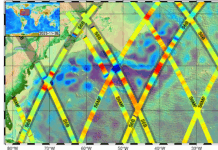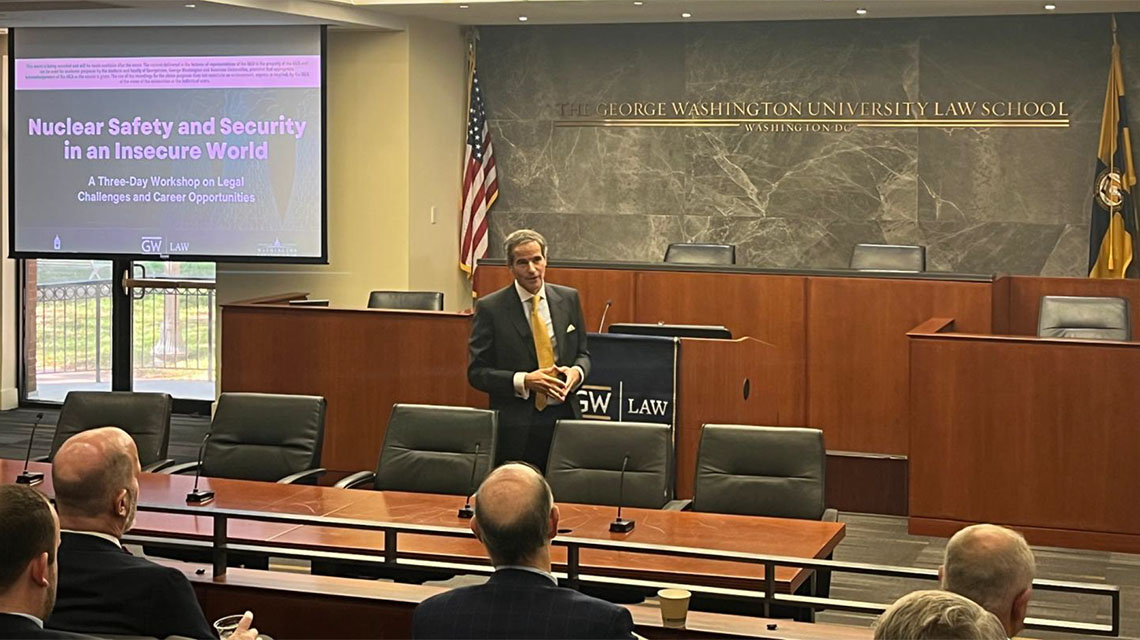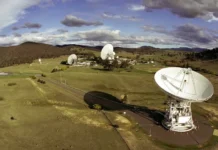The Promising Future of Nuclear Science and Technology
The potential of nuclear science and technology is vast and varied, with applications that stretch from energy solutions to healthcare advancements. A recent workshop highlighted these possibilities, emphasizing how nuclear innovations, such as small modular reactors (SMRs) and radiotherapy, can address pressing global challenges including climate change, health issues, and the insecurities surrounding food and energy supplies.
Understanding Nuclear Innovations
Small modular reactors (SMRs) are a type of nuclear reactor that are smaller in size compared to traditional reactors. They offer a more flexible and potentially safer approach to nuclear energy. These reactors are designed to be built in factories and transported to sites, making them not only cost-effective but also quicker to deploy. On the healthcare front, radiotherapy, which utilizes radiation to treat cancer, is a testament to how nuclear technology can be harnessed for beneficial purposes.
Workshop Insights on Nuclear Safety and Law
The workshop gathered participants from various backgrounds to delve into numerous aspects of nuclear safety and legal frameworks. Attendees engaged in lectures and panels focused on the International Atomic Energy Agency (IAEA) safeguards and non-proliferation measures. These sessions provided insights into the legal structures that ensure nuclear safety and the civil liability mechanisms in place for nuclear damage. Such frameworks are essential for the safe operation of nuclear power, ensuring that in the event of an accident, there are established mechanisms to compensate and protect the public, industries, and investors.
Peri Lynne Johnson, the IAEA’s Legal Adviser and Assistant Director General, emphasized the significance of this workshop in uniting academia, industry, and legal professionals to address the vital role of nuclear law. This collaborative approach underscores the necessity of a robust legal framework to support the peaceful and secure use of nuclear technology.
The Role of International Law in Nuclear Security
The final day of the workshop explored "The Law of Nuclear Security in the Midst of World Challenges." Ms. Johnson delivered a keynote address on the legal framework that underpins nuclear security, highlighting its role in mitigating nuclear terrorism risks. The discussion further examined the impact of international law on nuclear security and how it can help prevent conflicts.
The IAEA plays a crucial role in this context, applying safeguards in over 190 countries to verify that nuclear materials are not diverted for weaponization. These efforts are part of the global Nuclear Non-Proliferation Treaty (NPT) and regional treaties that designate the IAEA as the responsible body for such verifications. Through these actions, the IAEA helps maintain international peace and security, ensuring that nuclear technology is used solely for peaceful purposes.
Engaging with Future Professionals
The workshop also provided a platform for students and young professionals to explore career opportunities in nuclear law and humanitarian law. These sessions highlighted potential roles within the United Nations, the IAEA, and other intergovernmental and non-governmental organizations. This exposure is invaluable for those looking to contribute to the field of nuclear law and security.
Conclusion
The discussions and knowledge shared during this workshop underscore the importance of nuclear science and technology in addressing global issues. Whether through energy solutions like SMRs or medical advancements like radiotherapy, nuclear innovations hold immense promise. However, the safe and secure deployment of these technologies relies heavily on robust legal frameworks and international cooperation.
As the world continues to grapple with challenges such as climate change and energy insecurity, the role of nuclear technology and the legal structures that govern its use will undoubtedly become increasingly critical. This workshop not only highlighted these aspects but also fostered a collaborative environment for stakeholders to explore and address the multifaceted challenges and opportunities within the nuclear domain.
For more information on nuclear science and technology, you can visit the IAEA’s official website.
For more Information, Refer to this article.


































